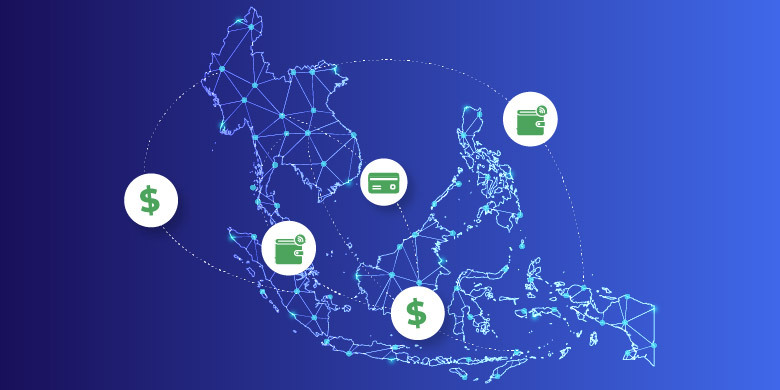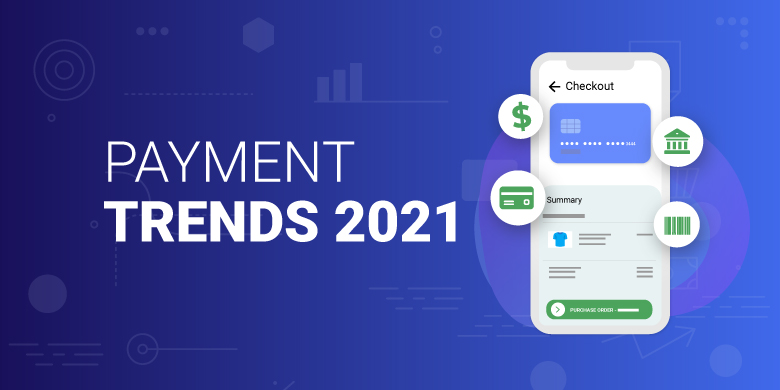All Eyes on Egypt: Country’s Budding Ecommerce Market Draws Global Interest
Global retailers like Zara, H&M, and Missguided have been eyeing Egypt to introduce their brands to a new market. Amazon’s $583-million acquisition of Souk.com in 2017 signaled its interest in the region and instantly made Amazon a key player in Egypt.
Egypt’s geographic location, at the intersection of the Middle East, Africa, and Europe, positions it as a hub for culture and trade. While its ecommerce market remains nascent by global standards – having generated approximately USD 1.5 billion in total sales in 2017 – it is expected to grow by more than two and half times that amount by 2021, according to AMI and Global Growth Markets analysis, published in dLocal’s Egypt “country guide.”
Despite other countries’ reliance on credit cards, in Egypt, cash remains king, even for online purchases in which over 60% of all ecommerce sales were completed using cash-payment methods. It’s against this backdrop that global merchants have to be creative to access the Egyptian market and will need to accommodate longstanding local preferences if they expect to grow market share.
Understand the challenges
Many of Egypt’s obstacles are cultural in nature, stemming from the ubiquity of street markets and bazaars in Egypt that have shaped its commerce. This helps explain why locals prioritize trust above all else – an inherent shortcoming for any new entrant in the market.
Antiquated infrastructure, poor connectivity, and inconsistent service pose another challenge. Over half of Egypt’s population resides outside of the country’s major metropolitan areas, illustrating why fewer than a third of Egyptians are online or own web-enabled smartphones.
The geopolitical environment has been volatile, and Egypt has had to contend with rapid inflation, which has tempered foreign direct investment in the country.
Recognize the opportunity
The silver lining is that Egypt’s inflationary environment provided a catalyst for consumers to explore ecommerce in their search for value amid rising prices. Egypt’s conventional payment practices, however, can still pose hurdles to those who either don’t understand the local customs or fail to navigate the nuance required to accept local payments or handle mass payouts.
A majority of consumers, for instance, still rely on cash-on-delivery (CODs) to complete more than 60% of ecommerce purchases. Other, less popular, methods include cash payments made through brick-and-mortar service locations as well as prepaid cash cards, which have grown in usage in recent years.
In reimagining Egypt’s ecommerce landscape, the private sector will play an important role. For example, banks are offering zero liability fraud protection for digital wallet customers, helping to bridge the “trust” gap.
It just speaks to the opportunity in Egypt to not only access the market, but to help shape it and foster its development for the future.
This is a summary of an article that appeared in The Paypers on July 2. Click here to read the full piece.









